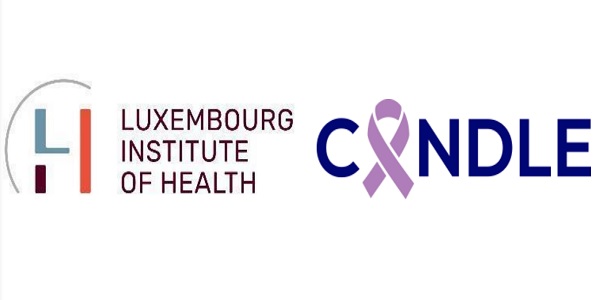
On Tuesday 8 July 2025, the Luxembourg Institute of Health (LIH) announced that it is contributing to the newly launched EU-funded CANDLE project, which aims to support the development of National Cancer Data Nodes across Europe.
As part of the European CANDLE project, the Department of Medical Informatics (DMI) at the LIH is contributing towards the development of National Cancer Data Nodes: secure systems that are expected to improve the accessibility and usability of cancer-related data for research and healthcare.
The DMI's work focuses on identifying the needs of researchers and clinicians, as well as supporting efforts to overcome technical and legal barriers to cross-border data sharing. According to the LIH, these contributions are crucial to ensure that the data infrastructures built under CANDLE are both interoperable and aligned with the goals of the future European Health Data Space (EHDS).
"Our role in CANDLE is to help guarantee that the infrastructure reflects real-world needs while safeguarding trust and compliance," explained Maximilian Fünfgeld, Director of the Department of Medical Informatics at the LIH. "By contributing our expertise in medical informatics, we support the broader goal of enabling more effective, data-driven cancer research across Europe."
Driving integration across Europe, CANDLE is set to also play a strategic role in supporting the EHDS by establishing a federated network of national nodes in the cancer domain. These nodes will serve as demonstrators for national disease-specific implementations of the EHDS, aligning EU-wide health data policy with local requirements.
The LIH noted that the project also helps put the EU Mission on Cancer and Europe's Beating Cancer Plan into practice by supporting national implementation and promoting collaboration across major initiatives. Along with 40 other partners in national health, cancer research, patient advocacy and European Research Infrastructures, the CANDLE consortium is said to be well positioned to strengthen data sharing, improve access and foster collaboration across sectors and borders.








